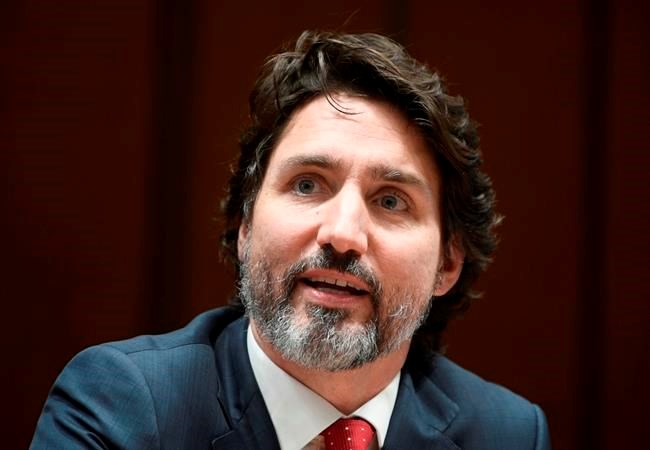OTTAWA — Prime Minister Justin Trudeau said he realized only recently that his government would not be able to make good on its long-held promise to lift all drinking-water advisories in First Nations communities by March 2021.
In a year-end interview with The Canadian Press, Trudeau said he always knew reaching that goal would be tough but it became clear within the last month or so that advisories would remain in about a dozen communities after the deadline has passed.
Trudeau said COVID-19 restrictions have blocked access to certain Indigenous communities. He said until recently, he kept hoping that putting "a little more money in" or "a little more pressure on it" would be enough to speed things up.
"Those last ones are the last ones for a reason, because they are particularly complex," he said Wednesday. "We are not going to slow down until we lift them."
Trudeau said creating systems and structures that are supported by the community and sustainable over the long term requires a lot more work than short-term solutions.
"We're going to work on this as best as we can, as hard as we can," he said.
Indigenous Services Canada said earlier this month that 97 boil-water advisories have been lifted since 2016, but it expects 22 to remain in place after the March deadline.
As of December 1, there were 59 long-term boil-water advisories in effect in 41 Indigenous communities, according to the federal department.
The Liberal government pledged to spend $1.5 billion over the next five years in its fall economic update to lift all remaining long-term boil-water advisories, on top of $2.1 billion already committed since 2016.
Indigenous Services Minister Marc Miller sought to shield Trudeau from blame for the failed goal, which was set following an ambitious 2015 Liberal election promise to lift all long-term boil-water advisories within five years.
“Ultimately, I bear the responsibility for this, and I have the responsibility and the duty to get this done,” Miller said at a Dec. 2 news conference.
In late October, about 250 residents of Neskantaga First Nation in northern Ontario, which has had a boil-water advisory in place for 25 years, were evacuated from their homes following the discovery of an oily sheen in the community's reservoir.
This report by The Canadian Press was first published Dec. 17, 2020
———
This story was produced with the financial assistance of the Facebook and Canadian Press News Fellowship.
Maan Alhmidi, The Canadian Press



